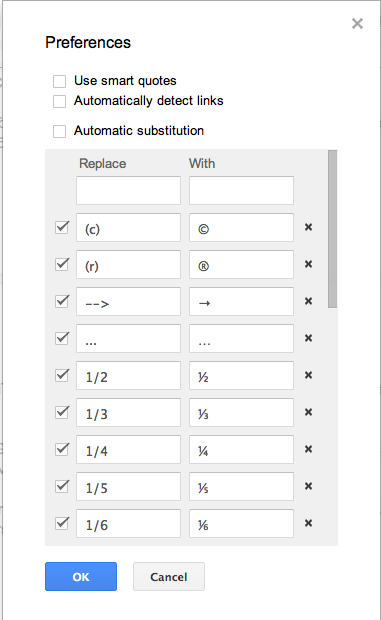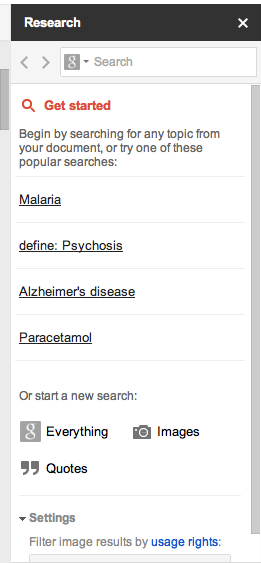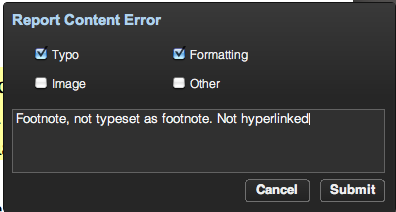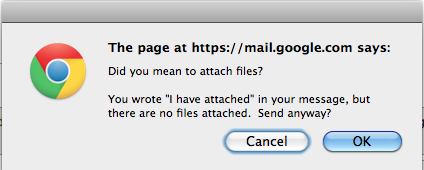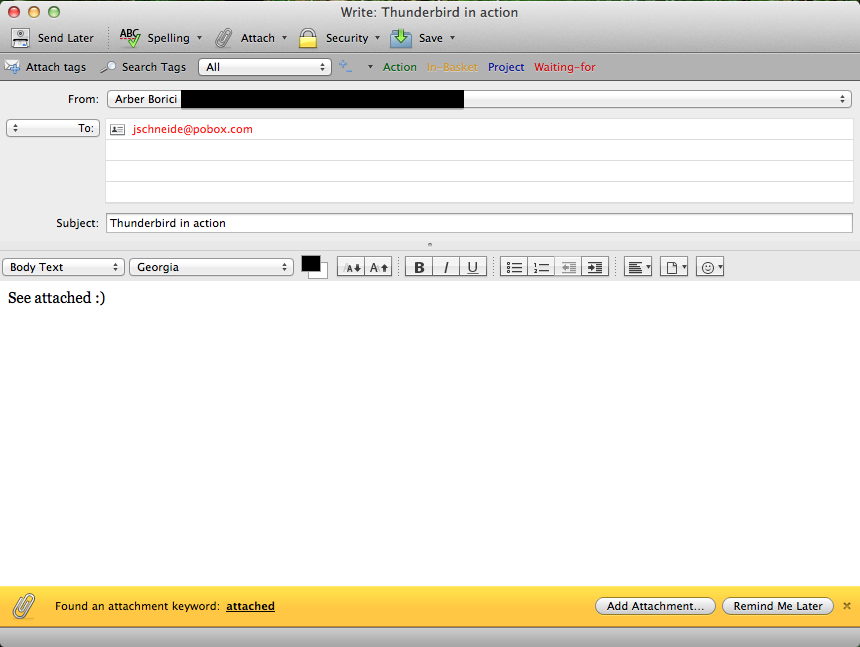Altmetrics is hitting its stride: 30 months after the Altmetrics manifesto ((J. Priem, D. Taraborelli, P. Groth, C. Neylon (2010), Altmetrics: A manifesto, (v.1.0), 26 October 2010. http://altmetrics.org/manifesto)), there are 6 tools listed. This is great news!
I tried out the beta of a new commercial tool, The Altmetric Explorer, from Altmetric.com. They are building on the success and ideas of the academic and non-profit community (but not formally associated with Altmetrics.org). The Altmetric Explorer gives overviews of articles and journals by the social media mentions. You can filter by publisher, journal, subject, source, etc. Altmetric Explore has a closed beta, but you can try the basic functionality on articles with their open tool, the PLoS Impact explorer.
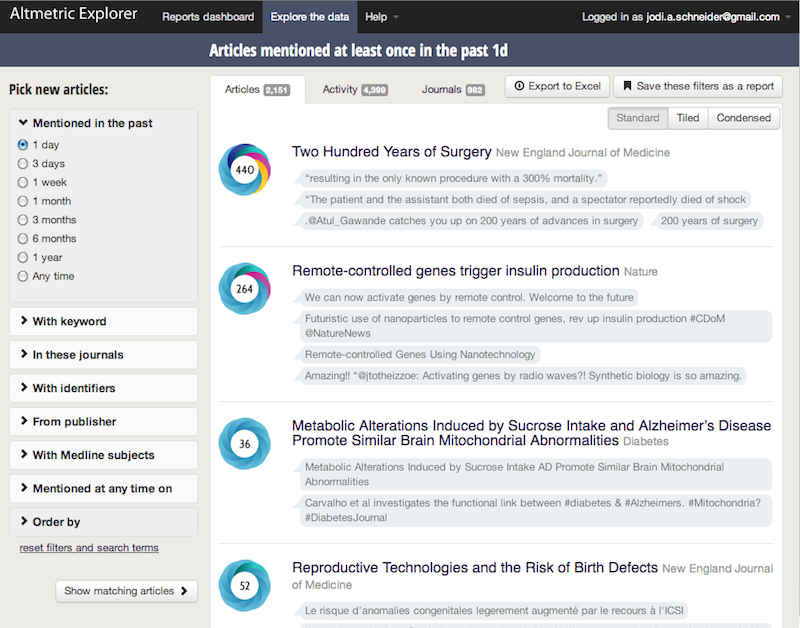
"The default view shows the articles mentioned most frequently in all sources, from all journals. Various filters are available.

Rolling over the donut shows which sources (Twitter, blogs, ...) an article was mentioned in.
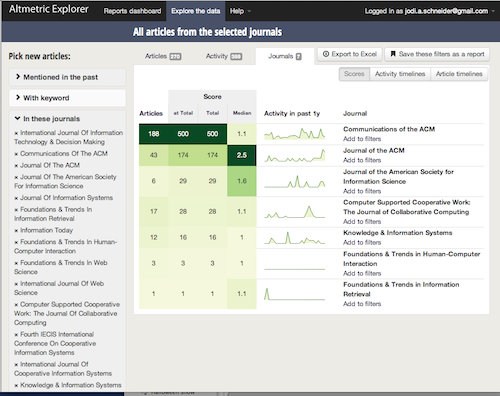
Sparklines can be used to compare journals.

A 'people' tab lets you look at individual messages. Rolling over the photo or avatar shows the poster's profile.
Altmetric.com seems largely aimed at publishers ((“Altmetric sustains itself by selling more detailed data and analysis tools to publishers, institutions and academic societies.”, says the bookmarklet page, to explain why that is free)). This may add promotional noise, not unlike coercive citation, if it is used as an evaluation metric as they suggest: ((‘This quote from an editor as a condition for publication highlights the problem: “you cite Leukemia [once in 42 references]. Consequently, we kindly ask you to add references of articles published in Leukemia to your present article”’-from the abstract of Science. 2012 Feb 3;335(6068):542-3. Scientific publications. Coercive citation in academic publishing. Wilhite AW, Fong EA. summary on Science Daily.))
Want to see which journals have improved their profile in social media or with a particular news outlet?
Their API is currently free for non-commercial use. Altmetric.com are crawling Twitter since July 2011 and focusing on papers with PubMed, arXiv, and DOI identifiers. They also get data from Facebook, Google+, and blogs, but they don’t disclose how. (I assume that blogs using ResearchBlogging code are crawled, for instance.)
